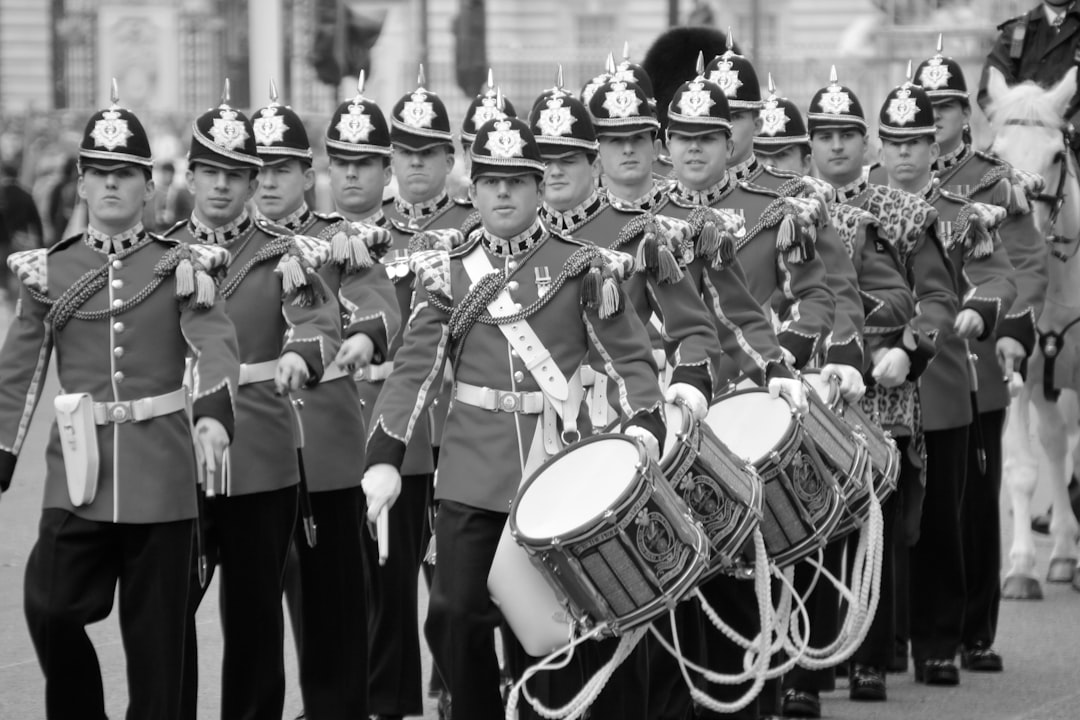Artisans. No Drums, No Trumpets.
The work calls the tune.

There is a hypnotic, meditative quality to Drill. The sound of footsteps in perfect unison. and when done on the gravel of a parade ground, it has a musical quality to it. There is a comfort to knowing what is happening next; a countdown to a manoeuvre, and the security of knowing what those around you are going to do. Commands are precise, from a limited menu. A sequence can be planned and executed to the inch and minute. It is a perfect metaphor for industrial thinking.
There is no improvisation in Drill. Each person knows their part, has practised it, understands what those around them will do, and relies on them doing it. A well-executed Drill has a meditative quality to it.
But it is no way to learn to dance. There is no reading another’s body language or sensing an opportunity to improvise or express individuality. Drill is precision, predictability and practised moves.
It is a perfect metaphor for the way that organisations which have driven our economic success for the last few decades have scaled. The drill of a business model, the ritual of budgets and the ceremony of shareholder meetings.
And even though we know it no longer works, all of our training efforts, recruitment and leadership approaches work on the basis it will if we only we try hard enough.
Artisans can do drills when needed but know that the real work happens off the parade ground, where there are no orders, no standing on ceremony, and no bands playing.
Artisans create real value by dancing with the work, whether or not anybody is watching, evaluating, and judging.
They do not need Drums or Trumpets.


Let’s carry the metaphor further. The drill is for compliance and to negate individuality. What if the rhythm was free and set by the players. Not only are the workers communicating with each other, they are playing for an audience.
When I was a university student I got to see the Modern Jazz Quartet in concert. As I watched and listened, I realized that they were communicating through their playing. I know it affected my understanding of team work years later. Watch this. It captures what I saw 50 years ago. https://youtu.be/xW-QCiO9_xE
Yes, and… all collaboration between humans can be viewed from a musical perspective. I studied and played jazz for years, and I listen, feel and play “the music” in every group I’m with. A couple articulations of this musical paradigm I really like are in Christoph Zürn’s “The Power of Music Thinking” and Adrian Cho’s “The Jazz Process”.